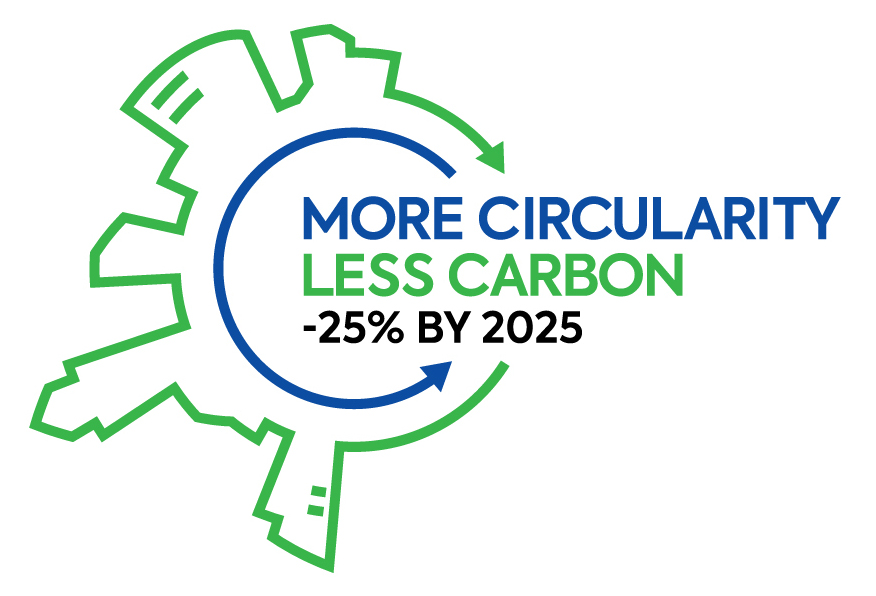 Having joined the More Circularity, Less Carbon campaign, the Region of Brussels-Capital has assessed the carbon footprint linked with municipal waste generation. The results were used to investigate how a reduction of 25% of the carbon emissions linked with local resource management could be achieved by 2025. This assessment is based on the waste generated by household. Reduction of 25% means to move from an estimated 620,105 tCO2eq to a total of 465,000 tCO2eq, thus reducing the waste carbon impacts by approximately 155,000 tCO2eq.
Having joined the More Circularity, Less Carbon campaign, the Region of Brussels-Capital has assessed the carbon footprint linked with municipal waste generation. The results were used to investigate how a reduction of 25% of the carbon emissions linked with local resource management could be achieved by 2025. This assessment is based on the waste generated by household. Reduction of 25% means to move from an estimated 620,105 tCO2eq to a total of 465,000 tCO2eq, thus reducing the waste carbon impacts by approximately 155,000 tCO2eq.
Taking into consideration the full lifecycle impacts, Brussels shows a rather low carbon intensity which is attributed primarily to the diversion of all residual waste from landfill to incineration. As for the other participants of the first cohort of the campaign, the production and consumption of the products that became waste is the highest contributor to the net carbon impacts of waste whereas the greatest carbon savings could be offered by waste prevention. When looking at the most carbon intensive waste materials, food waste and textile come first.
Do you want to know more? Read the full report on the Carbon Footprint of Waste of Brussels now available online.



